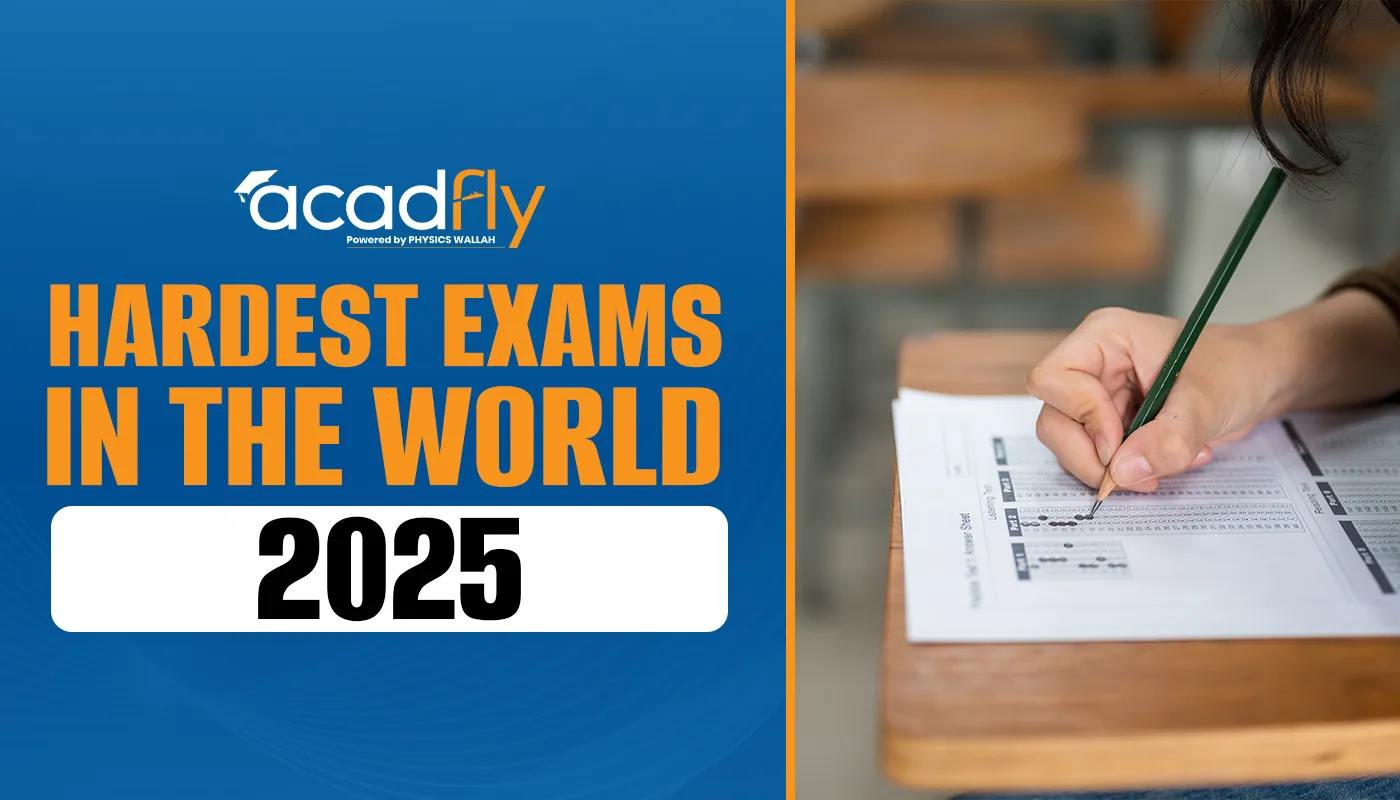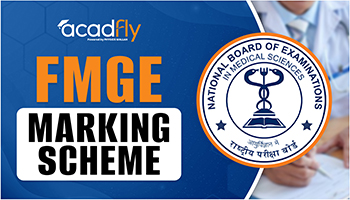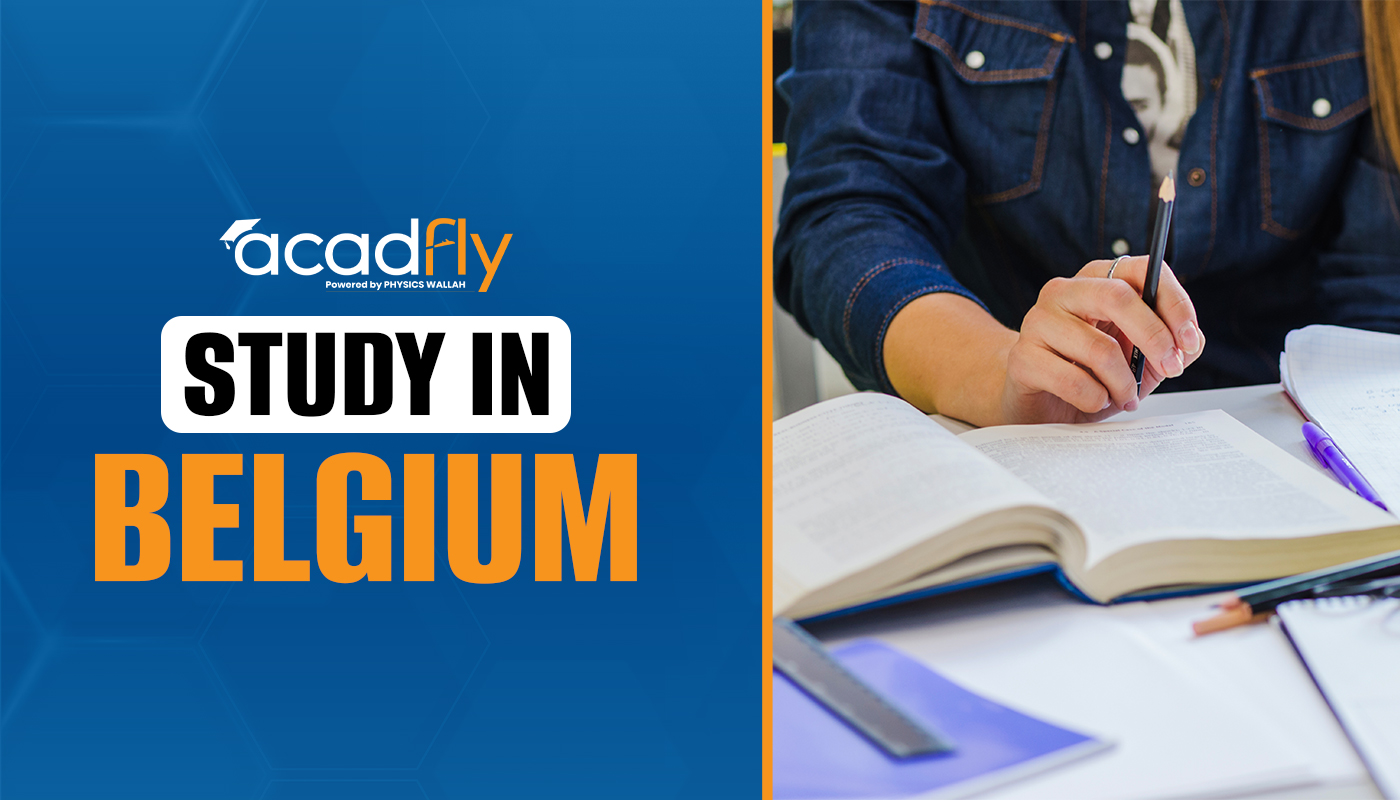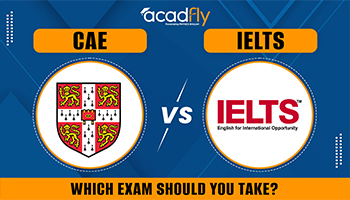

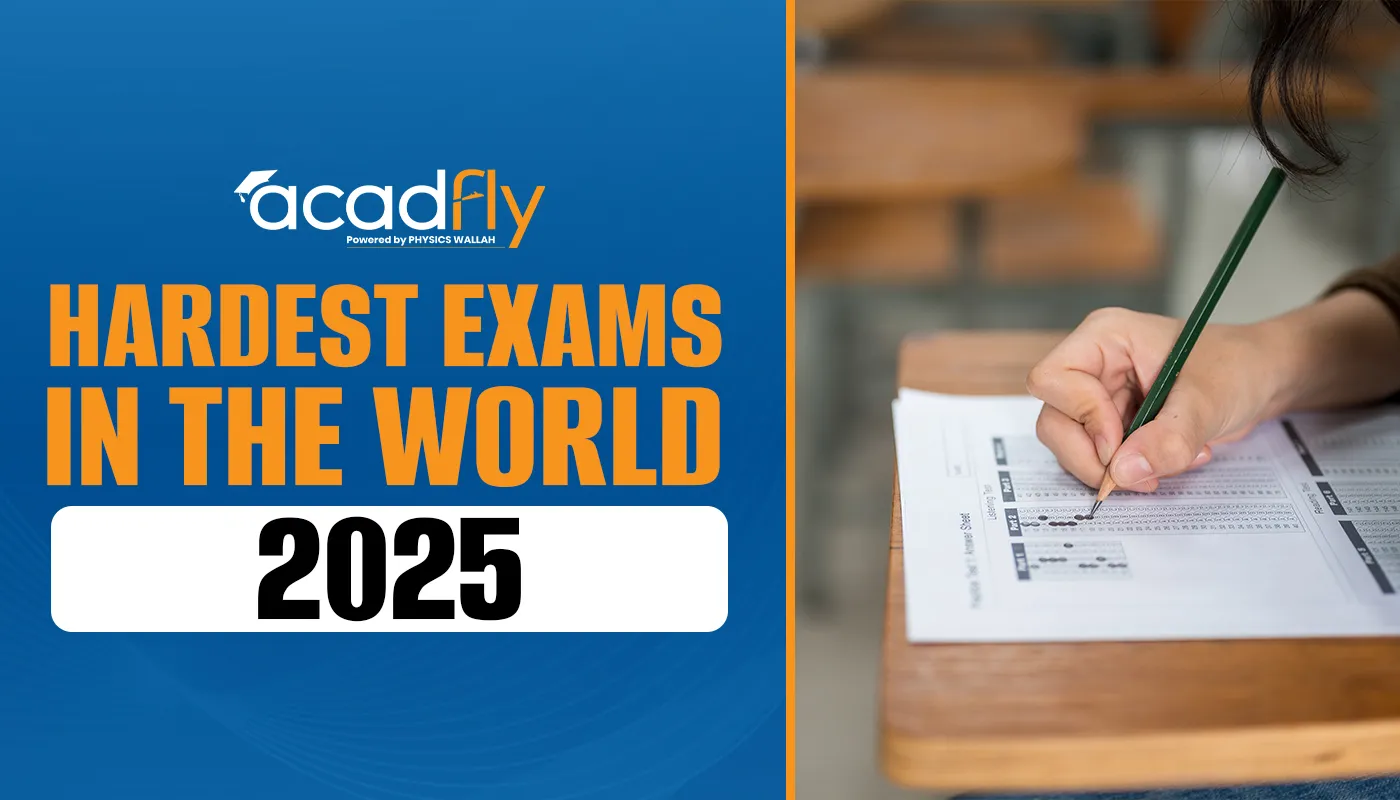
Hardest Exams in the World 2025: Exams are considered hard in the world because of higher levels of competition, lengthy syllabi, tougher formats, and critical importance attached to the result. These exams test knowledge, problem-solving, endurance, and stress-resilience skills. Following is a detailed review of some of the hardest examinations in the world and the reasons for their difficulty.
Top Hardest Exams in the World 2025
These hardest exams in the world teach candidates' knowledge, skills, and endurance-acquired poise of these exams with very little to say, highly fragmented, and direct competition and low pass rates. The exams usually determine your future career or educational opportunities. Many students tend to spend years preparing for such challenging tests so that they can pass them. From university entrance exams to professional certifications, these toughest exams push candidates to their limits. Success requires dedication, smart study plans, and mental toughness.
Gaokao(China)
Gaokao is the National College Entrance Examination in China and is always referred to as the hardest exam in the world since it determines students' future. It is an exhausting, multi-day examination that tests students on various subjects such as Chinese, Mathematics, English, and Sciences. It is difficult due to the pressure involved, as well as the proficiency that has to be exhibited in a wide array of subject matters. Success in Gaokao opens doors to the top Chinese universities, whereas failing it greatly narrows down one's options in life.
-
About 10 million students take the exam every year.
-
The scores dictate admission to universities, which makes it highly competitive.
-
The pressure is intense, with students often doing years of study.
-
The exam involves both multiple-choice and essay questions requiring deep understanding and quick thinking.
UPSC Civil Services Exam (India)
The Union Public Service Commission (UPSC) Civil Services Examination in India selects candidates for top bureaucratic jobs like the Indian Administrative Service (IAS). The syllabus is vast and its study takes years; therefore, successful candidates have to invest years in preparation.
-
There are three stages of examination: Preliminary, Mains, and Interview.
-
The Mains examination consists of nine papers: besides General Studies and Essay, two languages are optional papers.
-
The syllabus has a flabbergasting width, including history, polity, economics, environment, sero-science, ethics, and current affairs.
-
The success rate is less than 1%, making it highly competitive.
-
Analytical and writing skills also get tested, and so do knowledge.
CFA (Chartered Financial Analyst) Exam
The CFA examination is one of the most well-regarded qualifications for finance and investment professionals. Preparation requires not only thorough technical knowledge but equally requires time and the ability to manage it efficiently without losing rigor and precision over a long period.
-
Three levels exist, with the levels progressively getting harder.
-
The syllabus consists of ethics, quantitative methods, economics, financial reporting, portfolio management, etc.
-
Typically under 50% but for some levels approximately 40% and below.
-
Involve applying complex financial concepts from their syllabus to justify their response to questions.
All Souls Prize Fellowship Exam(UK)
As a reflection of its extreme difficulty, the All Souls Prize Fellowship Exam at Oxford University is known far and wide. In an innovative departure from the traditional examination, it evaluates intellectual creativity and insight rather than rote knowledge.
Unseen essays in philosophy, law, and the humanities comprise several papers.
-
Only a handful of candidates qualify each year.
-
Previously, an infamous question asked was: "Describe the nature of wisdom."
-
Critical thinking, originality, and depth of knowledge are judged by this examination.
Master Sommelier Exam
The Master Sommelier Exam ranks among the world's foremost challenging certification tests for wine connoisseurs.The examination tests the candidates' memory, sensory skills, and how calm they can remain when pressured. The candidates undergo tests in theory, tasting, and service. Moreover, candidates should demonstrate some extensive knowledge concerning wine laws, its production, and its service etiquette.
-
Pass rates are often less than 10%.
-
In tasting, candidates work to recognize grape varieties, regions, and vintages blindfolded.
CA Final Exam (India)
The Chartered Accountancy (CA) Final Exam in India is itself considered as a tough ground. One needs months or years of disciplined study and conceptual clarity to be regarded as successful.
-
The candidate has to clear two levels to come to this last stage.
-
It tests in-depth knowledge of accounting, auditing, financial management, and taxation.
-
The pass rate is around 10-15% for each attempt.
-
It is a lengthy examination that converts into multiple papers with stringent technical requirements.
MCAT (Medical College Admission Test)-USA
The MCAT is a requirement for admission to medical schools in the USA and Canada. The MCAT is a standardized examination for entrance to medical schools in the USA and Canada, lasting about 7.5 hours, testing knowledge encompassing biology, chemistry, physics, psychology, and social sciences.
-
Testing of biological science, chemical science, physics science, social science, and critical analysis.
-
Made for stamina and concentration for the whole of 7.5 hours.
-
Most competitive scores get a high score for more chances of admission.
-
Most students prepare for months and months, balancing mastery of content with strategy.
CFA Level 3 Exam
Members find it to be the most complex among all three levels. Unlike CFA Level 1 or Level 2, the CFA Level 3 exam focuses on portfolio management and wealth planning. It is the last and final exam in the Chartered Financial Analyst program. It focuses on portfolios and wealth management and tests candidates' abilities in applying their knowledge in real-world financial scenarios.
-
Has essay writing and item-set questions.
-
Requires application of knowledge in realistic finance scenarios.
- Higher-order thinking beyond formula memorization is tested by the exam.
Bar Exam (USA)
Required to be an attorney licensed to practice. The Bar exam tests the candidate's knowledge, ability to analyze, and skills in the application of practical law. It differs in each state but has to usually be taken under multiple topics like contracts, torts, constitutional law, criminal law, and procedure.
-
The Bar exam may take from two to three days.
-
Essays, multiple-choice, and performance tests comprise the test
-
. Pass rates vary widely, though typically with percentages through 50-60%.
Mensa IQ Test
The Mensa IQ Test is a high-level intelligence test used to qualify for admission into the Mensa organization. The criteria for Mensa membership is that the applicant must score in the top 2% of the general population on an approved IQ test.
-
This intelligence assessment process emphasizes logical reasoning skills, spatial awareness, and verbal ability using extremely difficult problem-solving-type questions.
-
This test typically has to be supervised and is not posted online for official qualification.
-
It measures various types of intelligence, including logical reasoning and pattern recognition.
-
The top 2% of candidates only qualify.
-
The test is an acute mental agility and time-constrained test.
Some exams are considered the hardest in the world through their difficulty, competition, and importance. These exams deliver a real-time push for students' knowledge, as well as problem-solving abilities, with all their stamina. The hardest exams in the world are more comprehensive in skills and knowledge than any other type; academic, professional, or intellectual, these exams are all meant to filter the very best in millions. Success requires preparation, stamina, and mental strength.
Understanding the nature of these exams can help one prepare and set realistic expectations for themselves. Whatever the case, success is achievable through a combination of hard work and smart study techniques.
Hardest Exams in the World 2025 FAQs
What is the hardest exam in the world?
Why are these exams so tough?
Which exam has the lowest passage rate?
Are all hardest exams academic?
How to prepare for the toughest exams?

